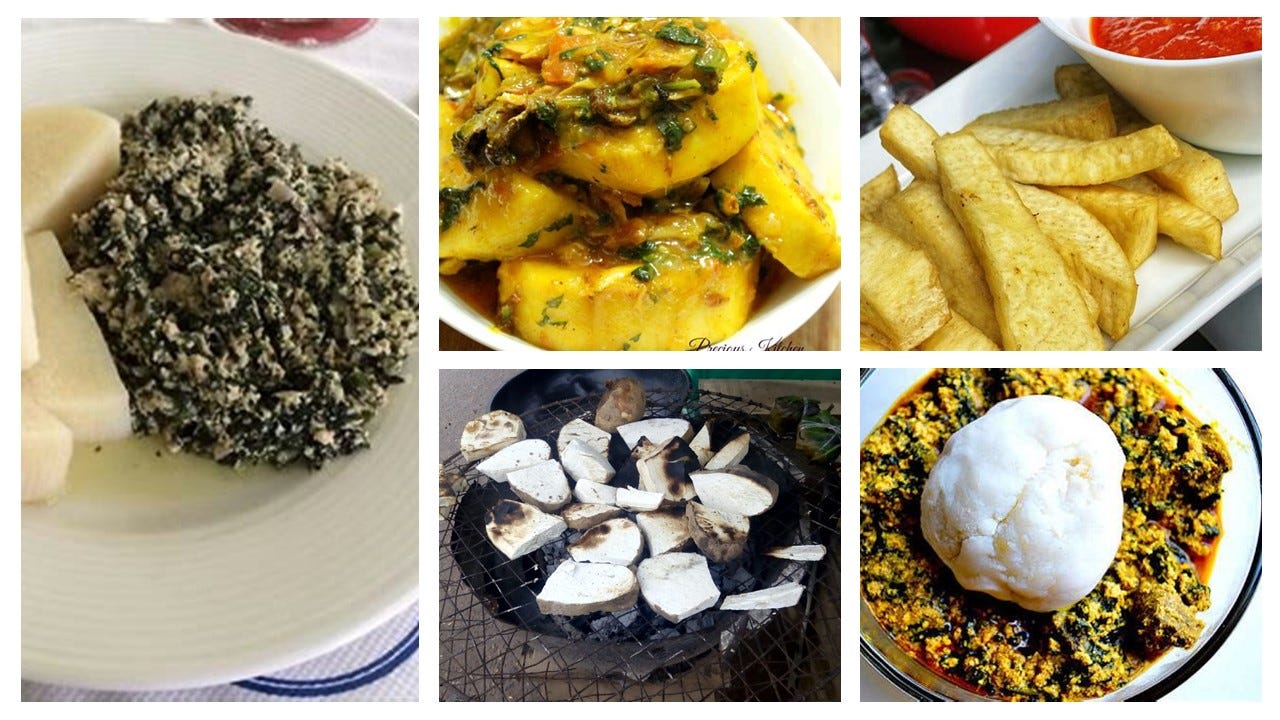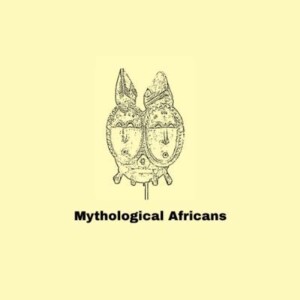
The late Binyavanga Wainaina’s hilarious essay on how to write about Africa is a great summary of the many ways in which writers, some of them Africans themselves, do the people and the continent a disservice in their writing. As you can imagine, this is something I spend a lot of time thinking about. After all, Mythological African’s whole schtick is telling properly contextualized stories from the African continent.
In this episode, we talked about how I went about researching the different aspects of my soon to be re-released book: The Runaway Princess and Other Stories. All the folktales on which I based my retellings are known. However, my approach involved delving into the character’s inner lives. For this, I needed a better understanding of the cultures out of which the stories come.
I use specific experiences from my writing journey to:
* Discuss my hierarchy of preferred sources. (TLDL: Prioritize African perspectives but remember that while European explorers and missionaries were not always right, they were not always wrong either!)
* Delve into the importance of validating material found in biased sources. (TLDL: When they were wrong, the European explorers and missionaries were really wrong!)
* Highlight the urgency of telling stories that are sensitive to history and relevant to current times. (TLDL: Times and people change, for better or worse.)
* Demonstrate why I absolutely needed sensitivity readers. Helen De Cruz has this awesome commentary about what sensitivity readers can and should do for your writing.
* Describe how I negotiated with the AI writing assistants which wanted to do the writing for me. Just kidding… Sorry AI enthusiasts.
As with all things, some stories required more research than others. Some, no research at all! You can find the book’s table of content with links to the books and research papers I used on the project page.
I wrote this book in a very short period of time and in so doing I broke rule #9 of Africa No Filter’s very important rulebook for how to ethically write about the African continent. Also, the pool of research material I fished from constituted primarily of what is available online (via Internet Archive and Google Scholar), a lot of which leans on what Congolese philosopher Valentin-Yves Mudimbe describes as “…the authority of the colonial library that has invented African identities.” It is with a keen awareness of this that I submitted this book to the public. As I say in the episode, I fully expect there to be things that I, based on faulty/sloppy research, got wrong and I hope I get called out on it because I, and hopefully, we all learn more that way.
I hope you enjoy the episode!
(Hang on after the end to hear me wax poetic about Cameroonian and other West African Yam recipes!)
Get full access to Mythological Africans at mythologicalafricans.substack.com/subscribe
More Episodes
 2024-11-04
2024-11-04
 2024-10-28
2024-10-28
 2024-10-20
2024-10-20
 2024-10-14
2024-10-14
 2024-10-07
2024-10-07
 2024-09-30
2024-09-30
 2024-09-23
2024-09-23
 2024-08-26
2024-08-26
 2024-08-19
2024-08-19
 2024-08-12
2024-08-12
 2024-08-04
2024-08-04
 2024-07-28
2024-07-28
 2024-07-21
2024-07-21
 2024-07-15
2024-07-15
 2024-07-07
2024-07-07
 2024-06-30
2024-06-30
 2024-06-23
2024-06-23
 2024-06-16
2024-06-16
Create your
podcast in
minutes
- Full-featured podcast site
- Unlimited storage and bandwidth
- Comprehensive podcast stats
- Distribute to Apple Podcasts, Spotify, and more
- Make money with your podcast
It is Free
- Privacy Policy
- Cookie Policy
- Terms of Use
- Consent Preferences
- Copyright © 2015-2024 Podbean.com






